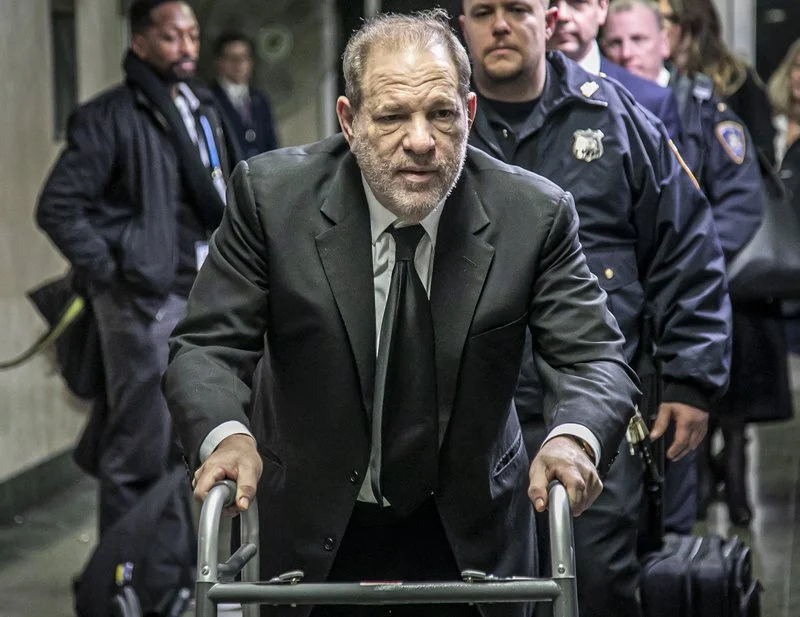The U.S. Supreme Court rules that jury decisions in state criminal cases must be unanimous, overturning a precedent that goes back to Jim Crow.
Read MoreWorkplaces are adjusting to life under lockdown by holding meetings via videoconference — and the U.S. Supreme Court is no exception.
Read MorePresident Trump claims “total authority” to override governors and end their stay-at-home orders, yet again raising the question: can he do that? No, as Dave explains on 90.5 WESA’s The Confluence, he cannot.
Read MoreA trademark lawsuit out of Chicago raises the question: in the midst of a global pandemic, what counts as a legal “emergency”?
Read MoreThe Supreme Court upholds Kansas's law barring the insanity defense in criminal proceedings. Dave breaks down the decision in Kahler v Kansas.
Read MoreChicago's progressive chief prosecutor, Kim Foxx, has survived her first reelection challenge in the Democratic primary. Meanwhile, reformer and Criminal Injustice alumnus George Gascon may be poised to knock off the tough-on-crime incumbent DA in Los Angeles. We review the latest on progressive prosecutors in politics.
Read MoreThe COVID-19 pandemic is forcing our institutions to confront a host of thorny problems. Among the thorniest for the criminal justice system: how to uphold the constitutional right to a speedy trial when courts are effectively shut down.
Read MoreSqualid and unhealthy even in the best of times, prisons and especially jails are especially vulnerable during a pandemic. That's not just a danger to incarcerated people -- it's a disaster for public health.
Read MoreDave appears on WESA's The Confluence to discuss the case of a Pennsylvania judge disciplined for racist comments.
Read MoreEntertainment tycoon Harvey Weinstein was convicted last month on a range of sexual assault and harassment charges. Dave analyzes the decision and what it means for the #MeToo movement.
Read MoreA post by Paul Butler at Crime Story Daily proposes a new theory about the uproar over actor Jussie Smollett's disputed claim of being the victim of a hate crime: the real target is a progressive prosecutor.
Read MoreThe Trump administration's immigration lawsuits against so-called "sanctuary" jurisdictions pits the Justice Department against the doctrine of federalism, formerly a bedrock principle of conservative ideology.
Read MoreThe thwarted sentencing of Roger Stone kicks off the latest in a series of cascading crises for the integrity of the Justice Department, and it's all we can do to keep up. Dave recaps a week of dramatic and fast-moving events.
Read MoreThe elected chief prosecutor of St. Louis, a woman of color elected in 2016 on a reform platform, has faced intense pushback from the day she took office. Now Kim Gardner, the first African American to serve in the post, is suing the city and its police union under a federal law passed during Reconstruction to combat white supremacist vigilantism. Progressive prosecutors elected in other cities are rallying around Gardner, but can the suit succeed?
Read MoreWhy are so many people dying in Mississippi state prisons? As with most systemic problems, the causes are many and complex.
Read MoreDonald Trump's impeachment lawyer, Alan Dershowitz, makes a remarkable assertion: if the president believes his own reelection is in the national interest, then nothing he does in pursuit of that goal can be impeachable.
Read MoreAt the direction of Donald Trump, U.S. Attorney General William Barr is launching a national commission on crime and law enforcement. It's not the first time a president has formed such a panel, but indications are that this one will take a very different approach than its predecessors.
Read MoreA quick note from Dave with details on upcoming public appearances for A City Divided: Race, Fear and the Law in Police Confrontations.
Read MoreEarlier this month, police killed four people on a South Florida highway: two robbery suspects, their apparent hostage, and a bystander. Whether they were right to do so is being fiercely debated. But as Dave tells the Washington Post, the key question is whether the officers' actions were in line with department policies.
Read MoreRecommended: NPR's November 4 report on the release of hundreds of prisoners in Oklahoma after their sentences were reduced by the state's Pardon and Parole Board.
Read More



















